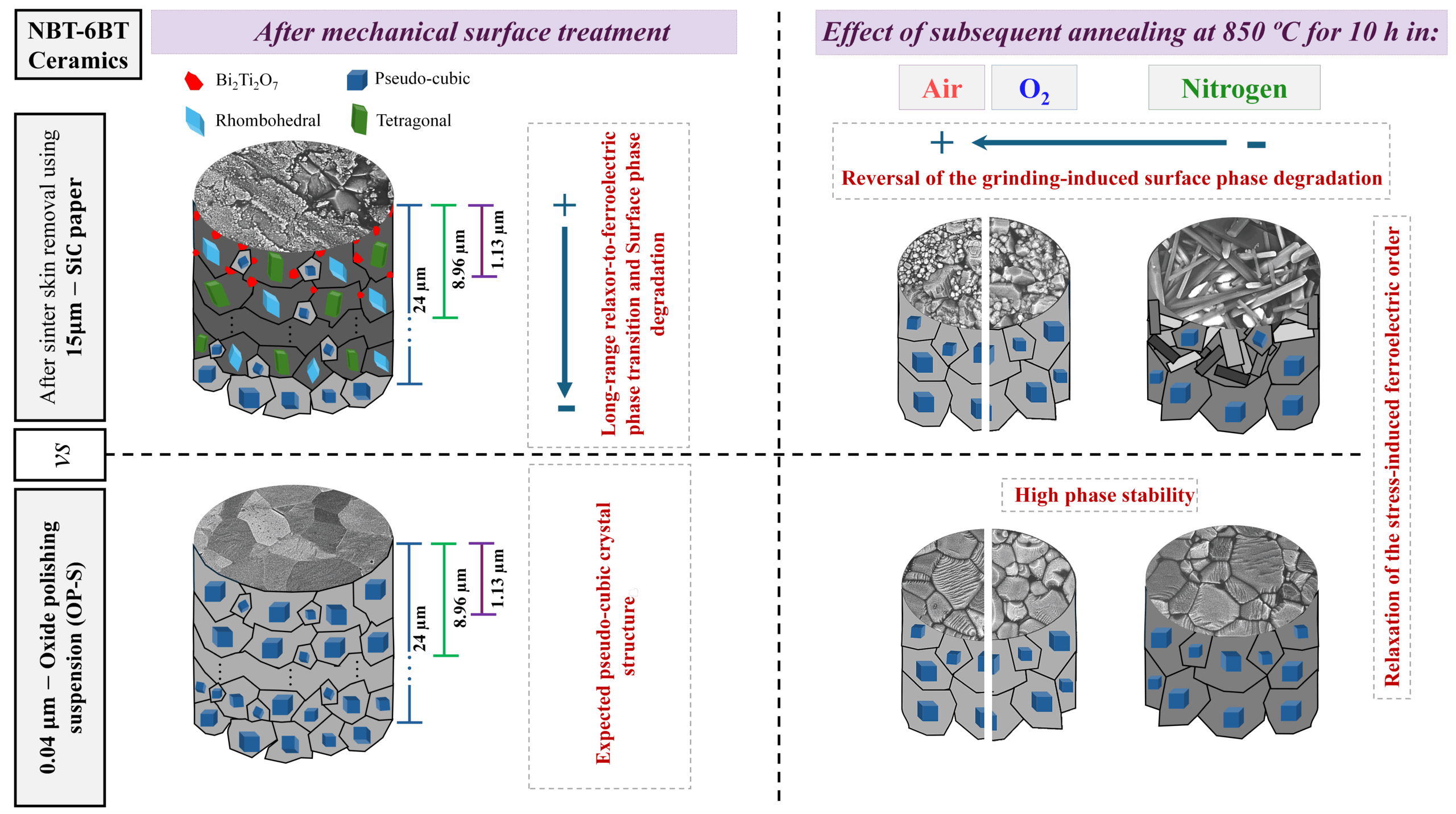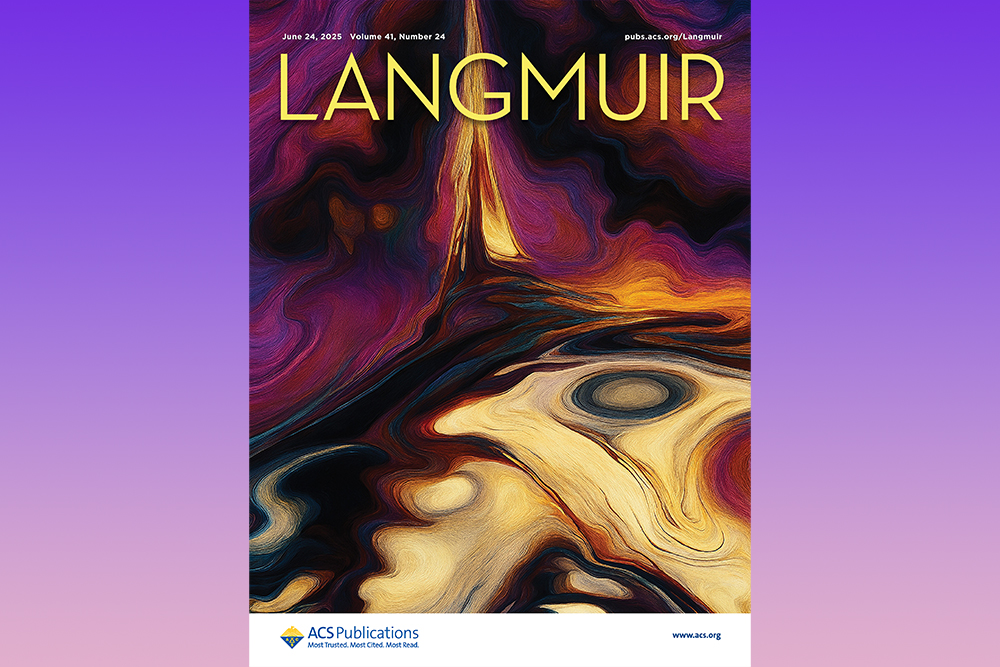
[Image above] Aprilia Futura RST1000. Credit: Giobar65, Wikimedia.

Nitin Padture, ACerS Fellow, demystifies graphene on PBS’ White House Chronicle. Credit: Brown University, YouTube.
Televised talk show interviews are popular and well-established ways for audiences to learn about a topic or person in much more detail than a broadcast news show can offer. My personal favorites in this format are Charlie Rose and Tavis Smiley—I like that I learn something new and often outside my normal range of intellectual interests.
The hosts of these shows have the challenging job of knowing enough to ask a progression of interesting questions that draw out the breadth, depth, and subtlety of the subject, while keeping the topic fresh and accessible to those of us hearing it for the first time.
Of course, much of the onus for keeping the topic accessible to the listening audience falls on the interviewee, too. Many of us know that explaining our materials science world to a lay audience is not so easy. Do eyes glaze over when you answer the question, “So, what do you do?”
Nitin Padture, Brown University professor in the School of Engineering, faced this challenge for a national and global audience in a March 10 broadcast of the PBS talk show, White House Chronicle. Padture’s interview for the show, “Graphene–A new wonder material,” runs about 30 minutes. The show broadcasts on 200 PBS stations in the United States and reaches international viewers through Voice of America Television.
The show’s host is veteran publisher and broadcaster Llewellyn King and the cohost is Linda Gasperello, who also brings significant journalism and broadcasting credentials. According to the WHC website, King’s concept was “a comfy couch of a television program where viewers could sit back and learn something new, or think about something in a new way.”
In his remarks introducing the topic of graphene, King says his interest in disruptive technologies is growing, saying, “Increasingly I’m inclined to talk more about the larger changes—the underlying changes—that technology brings about which is revolutionizing the way we work, the way we play, and quite possibly our whole future as a society…”
He introduced Padture and the subject of graphene, citing that “[the world] is changing now because of materials.” (King, originally from Zambia, Africa, has a charming accent, which he used to full effect by rolling the ‘r’ on grrrrrraphene.) Padture does a great job describing graphene in lay terms, including its properties, processing, applications, and more. There is plenty of substance, too, for listeners who already have some knowledge of graphene. He explains the difference between sheet and flake forms of graphene and how they are processed differently. Applications that Padture mentioned include conductive paints, Li-ion battery electrodes, catalyst supports, super capacitors, and barrier layers for corrosion resistance. One intriguing application takes advantage of the transparent and electrical conductivity of sheet graphene for touchscreens that could also act as switches. They also get into some of the research and business issues regarding graphene. Right at the end of the interview, King turns the conversation to carbon nanotubes, which really deserves an entire show of its own.
Padture is an ACerS Fellow and previous recipient of ACerS’ Coble and Fulrath awards. He is director of Brown’s Institute for Molecular and Nanoscale Innovation.
King also ferrets out that Padture is an avid sport touring motorcyclist and gets away from it all on an Aprilia Futura RST1000. Who knew!
Author
Eileen De Guire
CTT Categories
- Basic Science
- Material Innovations
- Nanomaterials


